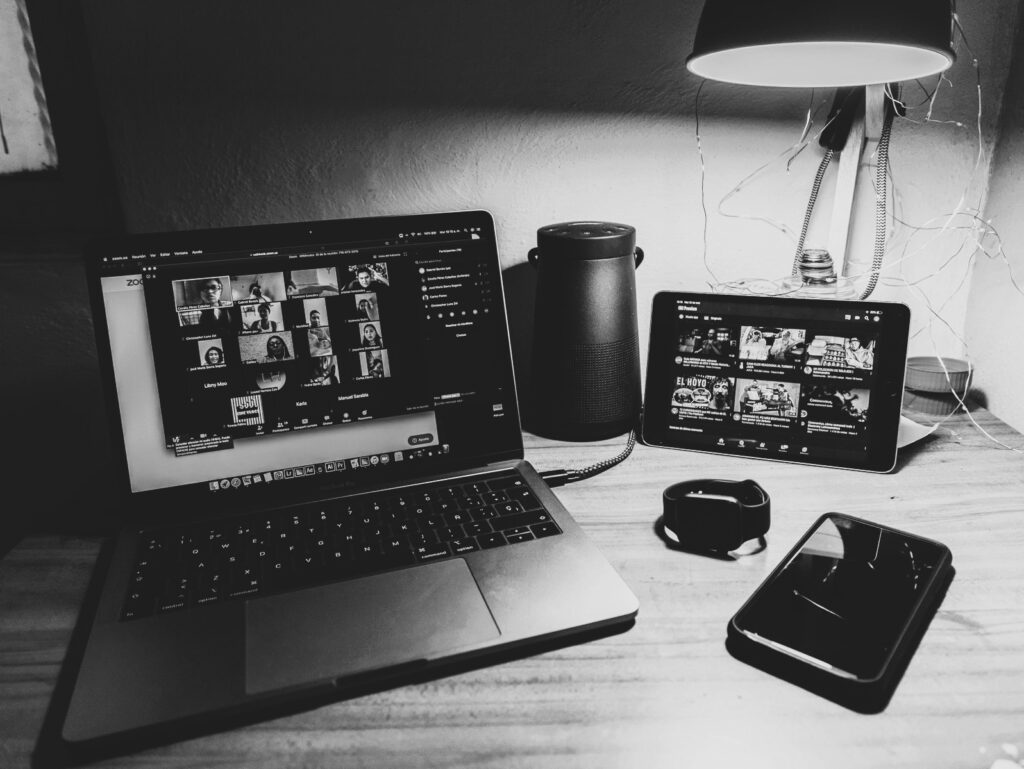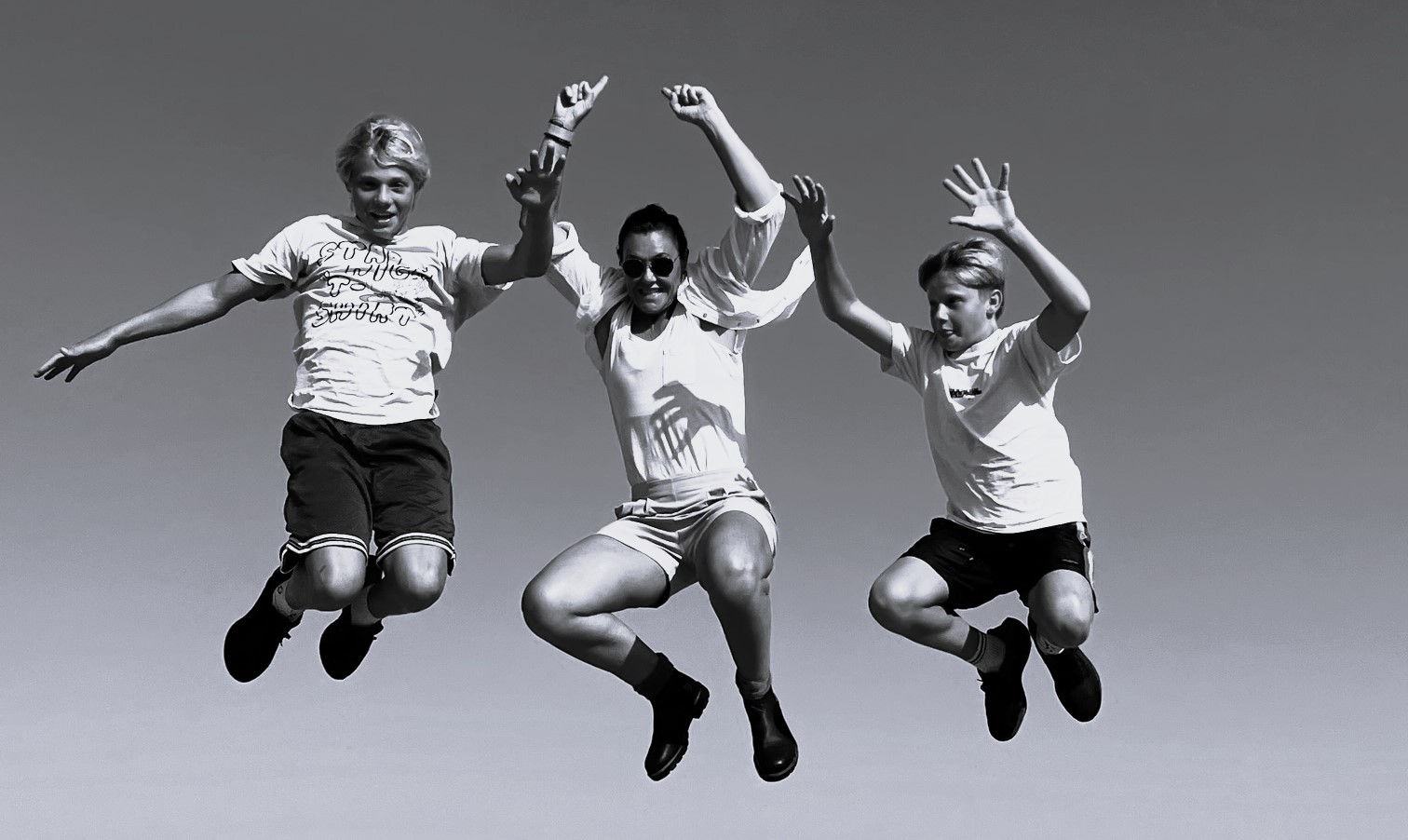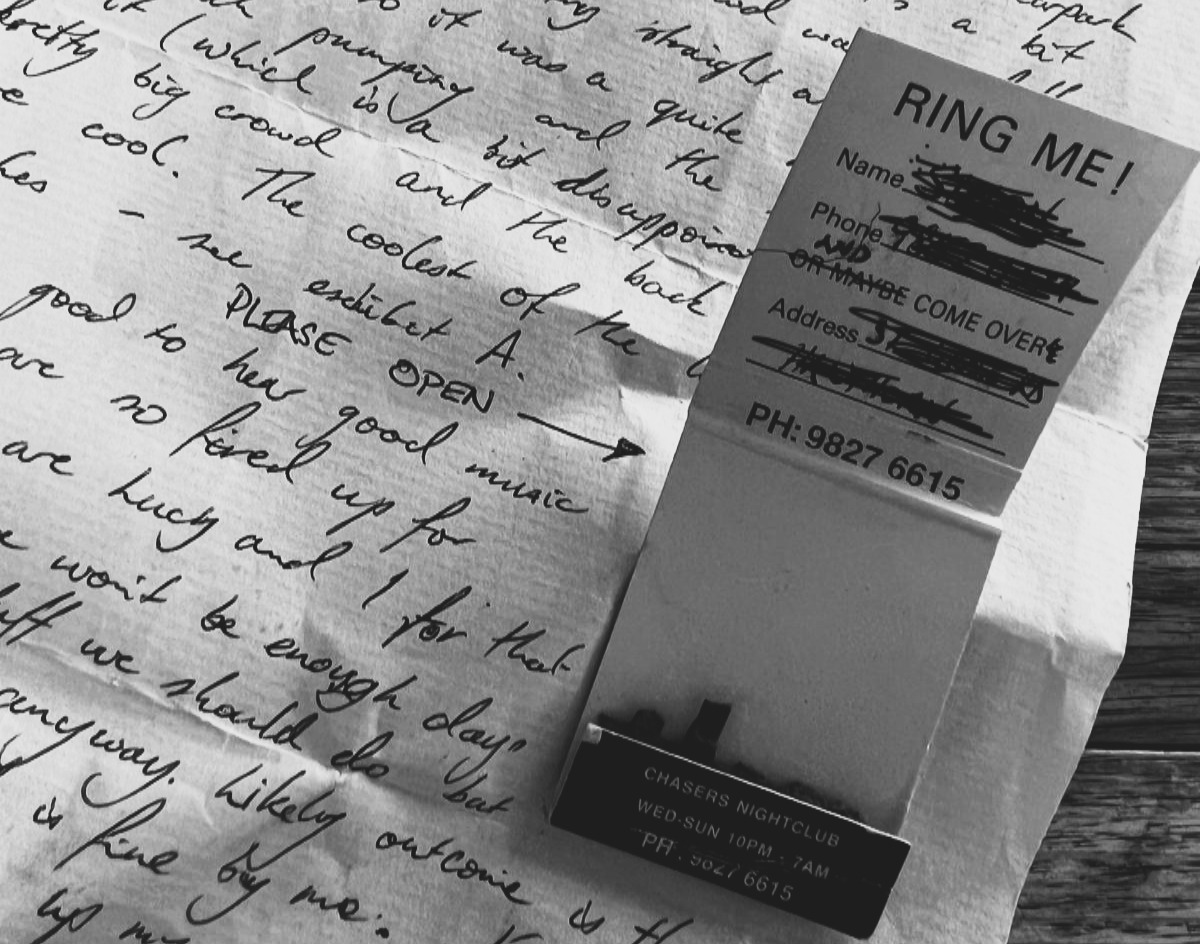There’s something uniquely grounding about being in a room (even on Zoom) where everyone just gets it.
I recently took part in the 6-week Australian Institute of Sport (AIS) Retired Athlete Peer Support (RAPS) program, and I can honestly say it was one of the most powerful and healing experiences I’ve had since leaving elite sport. So, I thought I’d write up my five-star review to spread the good news, in the hope that other Australian athletes will get involved and benefit from this incredible new program.
Our small group of seven retired athletes came from all walks of sport: none of us knew each other previously, some from Olympic and Paralympic disciplines, some from professional sports, both summer and winter sports, and at various stages post-retirement. We were joined by two facilitators: one a recently retired athlete who truly understood our world, and the other a trained professional facilitator and counsellor, the beautiful Shelley Andreetta.
We’ve all been part of online group programs that have felt like a punishing form of slow water-torture, right? This wasn’t one of those! Despite our sessions being entirely online (Zoom), from the outset, a deep sense of connection, compassion and empathy emerged as we each shared our stories. There was no judgement. Just real, raw shares and mutual understanding. The space created was safe, confidential, and deeply supportive. It was genuinely enjoyable and felt very real. This is a total credit to the skill and professionalism of the awesome facilitators.
The bonds I formed with the others in my group were immediate and strong. I’d be there for any one of them in a heartbeat. There’s something special about connecting with people who get it, right? Who know what it feels like to leave behind something that has meant everything to you, that shaped your whole identity. Who understand the terrain you’re now navigating, who get that crappy feeling like you’re starting all over again – from scratch.
It is a wildly nuanced experience being a transitioning elite athlete. That was one of the hardest parts of my own transition: feeling like no one really understood what I was going through. Because of this, I held so much inside – probably coming across as looking fine on the outside but really struggling within, privately. Upon reflection, it was a really unhealthy way to deal with an extremely difficult time in my life – a time when (I can now see) I needed more support than ever.
Each week, via WhatsApp poll, we chose the topic we wanted to explore, which meant the program was fully athlete-led. Some of the discussion topics we covered included identity, coping with transition, facing sport again, and grief. I know that all sounds really serious, and yes there were some tear-jerking-choked-up moments; but we also had just as many tears of laughter, sharing funny stories and hilarious anecdotes. We also had a powerful session with a (long-time) retired athlete guest speaker, the beautiful Bianca Broadhurst, who generously shared her story – the ups, the downs, the ongoing journey – with such raw honesty that it gave us all permission to validate and sit with our own stories more truthfully.
One of the early sessions was briefly attended by an AIS mental health team clinician, who introduced the AIS Mental Health Referral Network (MHRN). This is an incredibly generous, supportive, fully funded and confidential service available to both current and retired Australian elite athletes with mental health or wellbeing concerns (also available to coaches and support staff), no matter how long it’s been since you left your sport. It offers up to 18 (!18! yes, you read that right) fully funded sessions with qualified mental health clinicians (and additional support with psychiatrists if needed), either face-to-face or online, tailored to your individual needs.
These are all SUCH IMPORTANT SERVICES! I don’t have to look very hard to remind you of all the stories circulating in the Australian media at the moment of AFL players, Olympic swimmers and Matilda’s soccer stars seriously struggling in retirement. I’d love to tell you these stories are an anomaly, but from what I’ve seen across my sporting network over the years, and from my own lived experience – these stories are typical of the norm.
We were also introduced to the Career Practitioner Referral Network (CPRN), with Kerina Alter from the Australian Sports Commission explaining how athletes (and alumni ex-athletes) can access professional, confidential career coaching and support.

I should also mention, the AIS is also offering in-person RAPS events in Melbourne, Brisbane and Sydney – so get on board if you’re lucky enough to be located in one of those cities and you prefer face-to-face connection. This program is in its infancy, and as it grows, I’d strongly encourage the AIS to plan to rollout in-person events in WA, SA, ACT, TAS, NT and regional areas. We have retired athletes located in every part of Australia, and this is too important an initiative to remain in-person accessible only to east-coast capital-city cohorts.
As someone who retired from elite sport many years ago with absolutely no formal or structured systems of support, the RAPS program has restored a sense of belief in a system I once felt had let us (elite athletes) down. The care, quality, and generosity of what is now available to athletes feels kind of extraordinary by comparison.
Although there is so much more to be done in this space, I am proud that Australia is finally starting to lead the way on this front. And you know what I want? I just want more athletes, from all sports, all codes, all levels, to have access – to hear about it and get on board!
The RAPS program, combined with the mental health referral network for elite athletes in Australia, and the career practitioner referral support, all form a powerful safety net of guidance – more athletes need to know about it and be actively encouraged (and by that, I mean expected) to engage.
I honestly can’t recommend the RAPS program more enthusiastically to any athlete in transition – whether you’re freshly retired or years down the road, still trying to process what it all meant, or wanting to play a role in supporting others going through their own transition.
So, if you’re an athlete who has represented Australia or competed at the highest domestic level (including NRL, AFL, or non-Olympic elite sport) and you’re finding retirement challenging, or you just want to connect and chat with other like-minded athletes who fully get what you’re going through; I’d encourage you to take that difficult first step – make contact and get involved.
When I retired from elite sport, none of this existed. It was a brutal, unsupported hard stop. No peer networks. No career coaching. No mental health services. Not even a single ‘welfare check in’ to say hello and see how I was going. It was isolating, aggressive and jarring. Which is why I’m so proud of how far the system has come. So please athletes, get on board! Don’t bloody well fumble along struggling privately… please seek out support (don’t do as I did, do as I say!!).
Rach’s Rant: There’s still more to do.
Australia’s “Win Well” strategy is a significant leap forward from when I was a retiring athlete back in the early 2000s. It reframes athlete success to genuinely include wellbeing across the entire journey – not just medals. Programs like the AIS Retired Athlete Peer Support Network now give (some) athletes structured support as they navigate life beyond sport.
There needs to be increased focus, continual enhancement, and broader promotion of these athlete transition programs, and accessibility for a wider cohort of athletes. The current set up is a strong foundation – but it’s just the beginning. Another great example of what’s possible is the Pivot program in the United States, delivered through the USOPC. This cohort-based, multi-day ‘retreat style’ transition experience for retiring athletes combines reflection, future planning, peer support, and expert facilitation. It is a powerful model – and one that Australia could look to as the next evolution of our peer support and transition framework.
Encouragingly, Australia is already running research to evaluate the effectiveness of the AIS Retired Athlete Peer Support Network, and the early insights are overwhelmingly positive. This data – and the stories behind it – should serve as a VERY LOUD call to action. Now is the time to grow and develop this program further, to reach and support more athletes, earlier in their transition journey.
Critically, more sporting bodies need to be taking this seriously, so that all athletes – regardless of their pathway – can access this kind of support. At present, there are limitations in eligibility. Not all athletes are covered by AIS funding, and many, such as AFL and NRL players, can sit outside this system and miss out on awareness of these programs altogether. These athletes also face identity loss, mental health risks, and career reinvention, and they too deserve structured, well-resourced offboarding.
More targeted promotion and cross-sport collaboration is needed to ensure athletes know what’s available, and are actively encouraged to use it. Awareness, access, and early engagement are key. If the sporting system wants to truly support athletes across the full lifecycle, then transition support must become standard, not optional.
What do I do, and how can I help?
I’m uniquely placed to support athletes navigating the challenging transition out of sport, whether they’re preparing in advance or are already in the first few years of retirement. With my background as an Olympic-level athlete, combined with years working in corporate HR guiding others through career change, I understand the emotional, commercial and practical sides of transition.
I’m also a certified health, wellness, and life coach, and an accredited AthleteDISC practitioner. I absolutely love using the powerful and insight-packed AthleteDISC tool to help athletes understand their behavioural strengths in sport – and how to transfer them into a fulfilling, kickass next chapter.
For those looking for a single deep-dive experience, I offer one-off AthleteDISC assessments and debrief sessions, which are incredibly helpful for understanding behavioural style and how that influences life and work after sport.
For athletes seeking targeted, intensive and bespoke support, my 1:1 Life After Sport coaching program provides confidential and personalised coaching, mentorship, advice and support to help athletes move forward with clarity, confidence – feeling pumped about their new direction and purpose.
In addition, I work with teams and sporting organisations to deliver fun, inspiring, practical, and relatable speaking engagements for current athletes and groups in early retirement.
Beyond my 1:1 and group work, I ultimately see my role as an advocate. I’m passionate about driving real, lasting change in this space. I want to keep rattling the cage – to challenge systems, elevate awareness, and push for more sophisticated, inclusive and widely promoted transition support across all codes and athletic-career levels. Too many athletes still fall through the cracks. My mission is to help close that gap – through coaching, speaking, writing, and strategic influence.
If you’d like to know more, please get in touch – I’d love to help.
You don’t have to do this alone.
Rach Taylor is a high-performance and career coach, speaker, advisor, Olympic medallist, and former senior HR leader. She supports athletes, professionals, and leaders to navigate big transitions with clarity and purpose. At the intersection of AI, performance, and the future of work, Rach is an active voice and advocate. She brings Olympic-level discipline, real-world HR and leadership experience, a geeky obsession with human optimisation, and a no-BS, heart-led approach to every space she works in.




